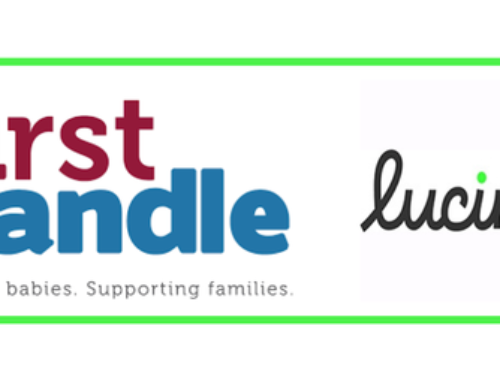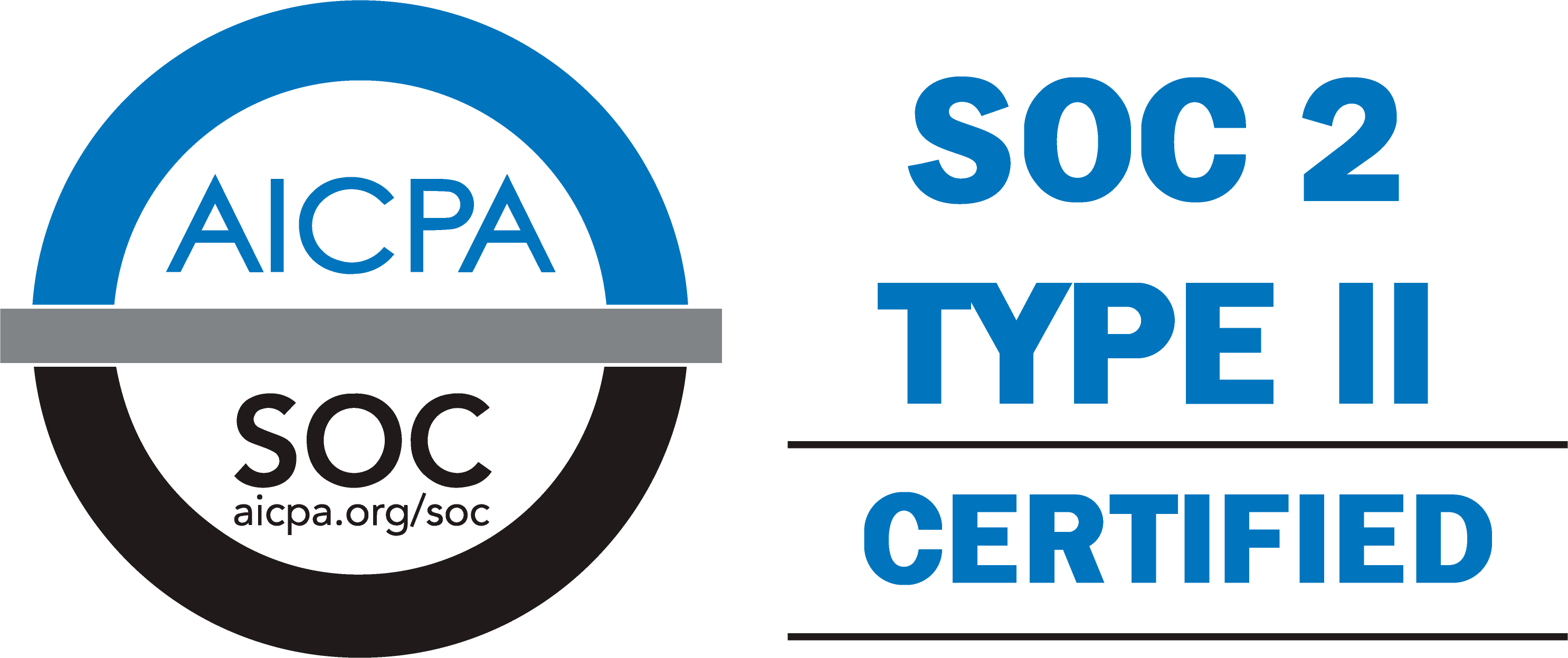|
June 14, 2022 |
Categories: Press Releases |
Platform uses predictive data to identify at-risk moms during first trimester; helps eliminate racial disparities by increasing equity in maternal outcomes
Lucina, a leader in women’s maternity and predictive analytics and a business unit of Unified Women’s Healthcare, is lowering preterm birth rates and NICU stays with their innovative, AI-enabled digital technology. This approach comes at a critical time when the U.S. has the highest maternal mortality rate among industrialized countries, especially for women of color. African American mothers are three times more likely to die during childbirth than their white counterparts. Since 2000, the maternal mortality rate has risen nearly 60%, making it worse now than it was decades earlier, and the financial costs are staggering. In 2019, the maternal and child costs due to maternal morbidity for U.S. births were $32.3 billion, from conception to age 5. Addressing the maternal mortality and morbidity crisis is a key priority for the Biden-Harris administration, which is committed to supporting safe pregnancies and childbirth in our nation and reducing complications and mortality in the year following birth.
“Our country continues to experience disheartening high mortality rates for women of color that we can prevent. African American moms experience 40% worse outcomes than the national average,” explains Dr. Trent Haywood, Lucina Advisory Board member and former Deputy Chief Medical Officer of the Centers for Medicare and Medicaid Services. “Lucina is the essential partner to positively impact this population with proven outcomes in lowering preterm birth rates and in NICU average length of stay by intervening in the first trimester, identifying problems, and providing solutions that increase positive birth outcomes. ”
Lucina’s Proven Approach
Lucina’s technology identifies profiles, assesses, connects, and tracks at-risk mothers.Their proprietary database uses an algorithm that identifies 7,000 risk factors, while considering prominent social determinants of health (SDOH), like income level, educational level, medical insurance coverage, access to medical care, pre-pregnancy health, and general health status. The resulting data helps Lucina find 98% of moms before delivery and 72% in the first trimester, allowing for earlier engagement and access to care that will prevent adverse outcomes. It also improves patient engagement and addresses racial disparity gaps in care to connect families to the resources in their communities.
“As an OB/Gyn, I see a genuine sense of urgency for digital tools like Lucina’s. This kind of AI-technology can be harnessed to improve not just perinatal outcomes but perinatal health equity,” says Dr. Holly Puritz, an OB/Gyn and a board advisor for Lucina.
Lucina is the only technology with predictive data and information, which is the more effective way to identify these at-risk women and create proper treatment plans.
They also collect key ‘4th Trimester’ data – this is the transition period after childbirth when infants are adjusting to life outside the womb and moms are adjusting to new parenthood. Significant biological, psychosocial, and social changes are occuring during this time but our current healthcare system does not support it sufficiently. With some plans, Lucina provides important risk assessment data 90 days post delivery, which is vital for moms and babies after they’re discharged from the hospital.
An Essential Partner to Payors
Lucina works closely with national health plans by decreasing the incidence of low-birth-weight newborns and NICU stays by 10%, resulting in better patient outcomes and lessening the burden on our healthcare system. Many health plans offer maternity analytics, but they often fall short when it comes to early identification and real-time patient risk levels.
“Our system is an ideal supplement to health plans because 40% of at-risk moms are missed prior to birth by health plans alone. That means the healthcare system is failing almost half of pregnant women,” says Dr. Matt Eakins, President of Lucina and Chief Innovation Officer of Unified Women’s Healthcare. “We work closely with payors’ case managers to ensure every woman can access the best healthcare in the world, improving quality metrics and creating a value-based framework that improves delivery outcomes and healthier communities over time.”
Lucina also works collaboratively with medical providers to support whole-person case and address clinical and psychosocial needs.


